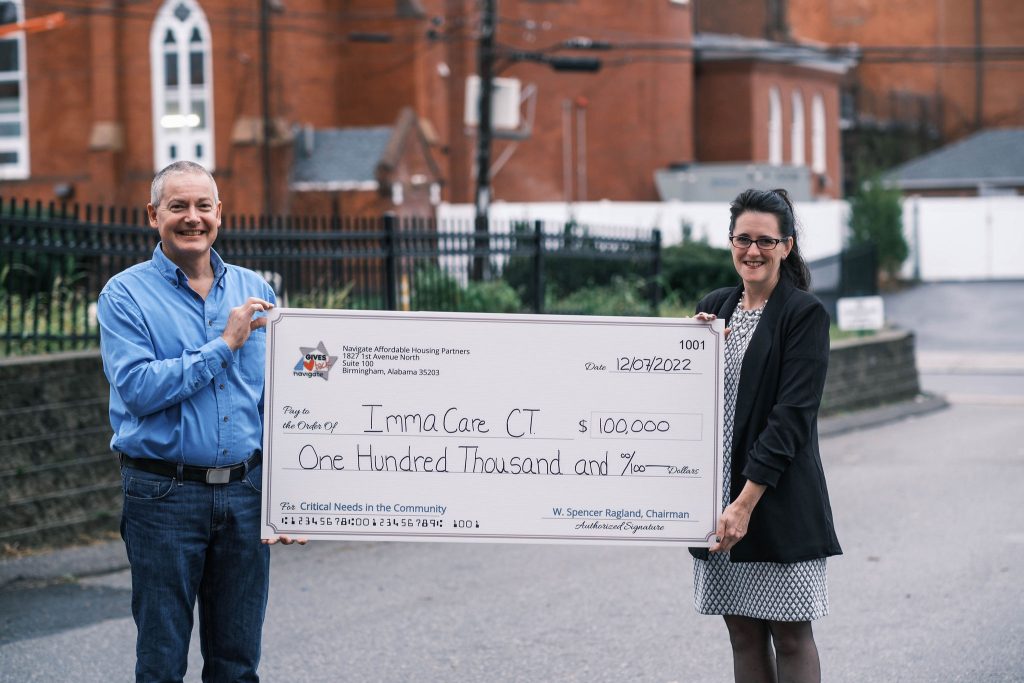HOTMA
HUD has extended the compliance date for implementing Sections 102 and 104 of HOTMA to July 1, 2025.
Key Changes in the HOTMA Final Rule
HUD plays a crucial role in enforcing the Housing Opportunity Through Modernization Act of 2016 (HOTMA) by providing implementation guidance and overseeing compliance with regulations in the following manner:
The Final Rule for HOTMA regulations took effect on January 1, 2024, marking the beginning of the implementation process. Ongoing efforts will continue throughout the calendar year to ensure clarity and compliance
Notice H–2025–03 extends the compliance date from July 1, 2025, to January 1, 2026. Full compliance with the HOTMA final rule is mandatory. Any MORs conducted after this date will identify and record HOTMA-related deficiencies as findings in the report and require corrective action.
HUD has extended the compliance date for implementing Sections 102 and 104 of HOTMA to January 1, 2026.
In September 2024, HUD released 33 new forms related to HOTMA.
HUD has released training videos and accompanying resources related to HOTMA for HUD Staff and Owners/Agents.
Watch our latest HOTMA videos.
Watch our HOTMA videos from 2024.
Policies you must set in your respective
Tenant Selection Plan (TSP) and EIV policies and procedures by March 31, 2024.
ADDITIONAL LINKS
- HOTMA Deadline Extension 2025
- HOTMA Deadline Extension 2024
- HUD HOTMA Page
- HOTMA Statute
- Final Rule
- HOTMA Fact Sheet
- Talking Points
- Proposed Rule
TRACS
The Office of Multifamily Housing has plans in motion to update the Tenant Rental Assistance Certification System (TRACS), along with several HUD forms regularly utilized by owners/agents and HUD itself. These include forms such as HUD-50059, HUD-50059A, HUD-9887/9887A, HUD-9834, and Model Leases, among others. These updates will align these systems and documents with the requirements set forth by the Housing Opportunity Through Modernization Act (HOTMA). Visit the TRACS page.
HUD Videos
HUD has published several videos on HOTMA. Visit their channel here.
If you have a question, please send it to MFH_HOTMA@hud.gov.
PHA Owned Units and PBV HOTMA Provisions Playlist
HOTMA Income & Assets Rule Briefing for PHAs
How HOTMA Affects You
HOTMA’s impact extends to residents, housing authorities, and landlords by influencing various aspects of their roles and interactions within public housing.
HOTMA Updates
- Tuesday Tip: New HOTMA Deadline
- HOTMA Implementation Deadline: New Date Set for January 2026
- Tuesday Tip: January 2025 HOTMA Check-In
- HOTMA Compliance 2025
- HOTMA Compliance: A Guide for Multifamily Housing Owners
- CY2025 HUD Updates
What Is HOTMA?
The Housing Opportunity Through Modernization Act of 2016 (HOTMA) was signed into law on July 29, 2016. It is a piece of legislative reform aimed at modernizing and streamlining various aspects of housing policies in the U.S. by amending sections of the United States Housing Act of 1937. Overall, it seeks to make affordable housing more accessible, efficient, and responsive to the needs of both residents and housing authorities.
The U.S. Department of Housing and Urban Development’s (HUD’s) final rule plays a crucial role in translating the objectives of HOTMA into actionable policies. It ultimately contributes to the improvement of affordable housing programs and services.
HOTMA amends several sections of the United States Housing Act of 1937, bringing forward substantial changes and reforms to several federal housing programs. This includes other HUD programs like Section 8 Housing Choice Voucher Program (HCV) and Section 9 Public Housing Program.
HOTMA provisions have been released in phases over the last few years because the law was so expansive. View the law in full here. The overall goal of The Housing Opportunity Through Modernization Act is to streamline administration, ensure consistency and alignment, improve accessibility, encourage asset building, and prepare for future challenges.
In 2023, HUD finalized rulemaking for implementation of sections 102, 103, and 104, which impacted the regulations found in 24 CFR Part 5 and 24 CFR Part 891 and focused on income calculation, net family assets, and income reviews.
More specifically, section 102 focuses on income reviews, encompassing the frequency of these reviews and refining the definitions of income and assets. Section 103 does not pertain to multifamily housing programs. Section 104 establishes asset limits for both Section 8 Project-Based Rental Assistance Programs and 202/8 programs.
On this page, you’ll find information on the latest changes implemented on January 1, 2024, resulting from the May 2023 Final Rule Summary.
Income Verification Changes
- Applicants for HUD programs like Section 8 Vouchers and Section 8 Public Housing can now utilize income eligibility from other means-tested programs to prove their qualification for rental assistance programs.
- Public Housing Authorities (PHAs) are no longer required to use HUD’s digital verification system, EIV when verifying significant changes in residents’ income levels.
Income Calculation Changes
- Public Housing Authorities (PHAs) must now base income calculations for annual reviews on the previous year’s income instead of projecting future income for public housing families and residents.
- Public housing families deemed “over income” for 24 consecutive months are no longer eligible to stay in public housing. However, it’s up to PHA’s discretion on whether or not they can remain in their current unit.
- Most disability payments intended to support a disabled family member residing at home are excluded from income calculations.
- HUD offers clarification on “non-recurring income,” which is exempt from inclusion in a family’s annual income assessment for determining eligibility or rent.
- Student Aid is not included when assessing public housing residents’ income for eligibility and rent calculation purposes.
- Retirement account funds are not considered income until they are withdrawn.
Family Definition Changes
- Public housing and Section 8 can now be utilized by foster children and homeless or at-risk youth.
- HUD provides clear definitions for foster children and adults.
Asset Changes
- Personal property and participation in Family Self-Sufficiency (FSS) programs are exempt from consideration when assessing a family’s assets.
Get HOTMA Help with Navigate Affordable Housing Partners
If you need assistance or guidance regarding compliance with HOTMA, we have resources available to help you navigate the complexities of the law! Navigate Affordable Housing Partners is here to support you with expert advice and assistance for public housing residents and landlords.
See below for more helpful articles, guides, videos, and tools related to HOTMA compliance and policy updates. You can also contact our team directly for direct assistance and support. We’re here to answer your questions, address your concerns, and provide detailed guidance every step of the way.
If you have a question, please send it to HOTMAquestions@hud.gov.
Locations
Address: 2701 1st Avenue South, Suite 200, Birmingham, AL 35233
Phone: 888-466-5572
Address: 100 Pearl Street, 14th Floor, Hartford, CT 06103
Phone: 888-466-5572
Address: 232 Market Street, Flowood, MS 39232
Phone: 888-466-557
Address: 6802 Paragon Place, Suite 410, Richmond, VA 23230
Phone: 888-466-5572

